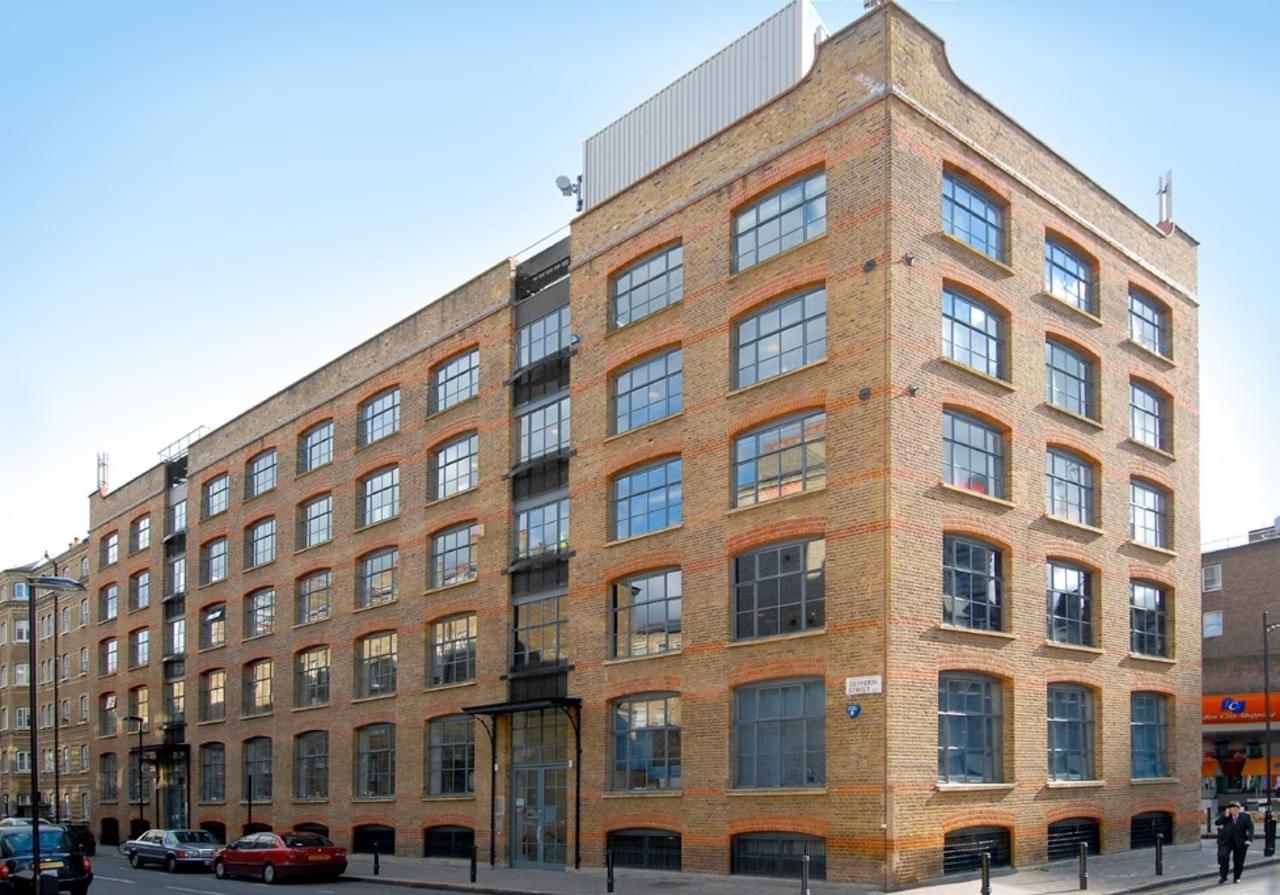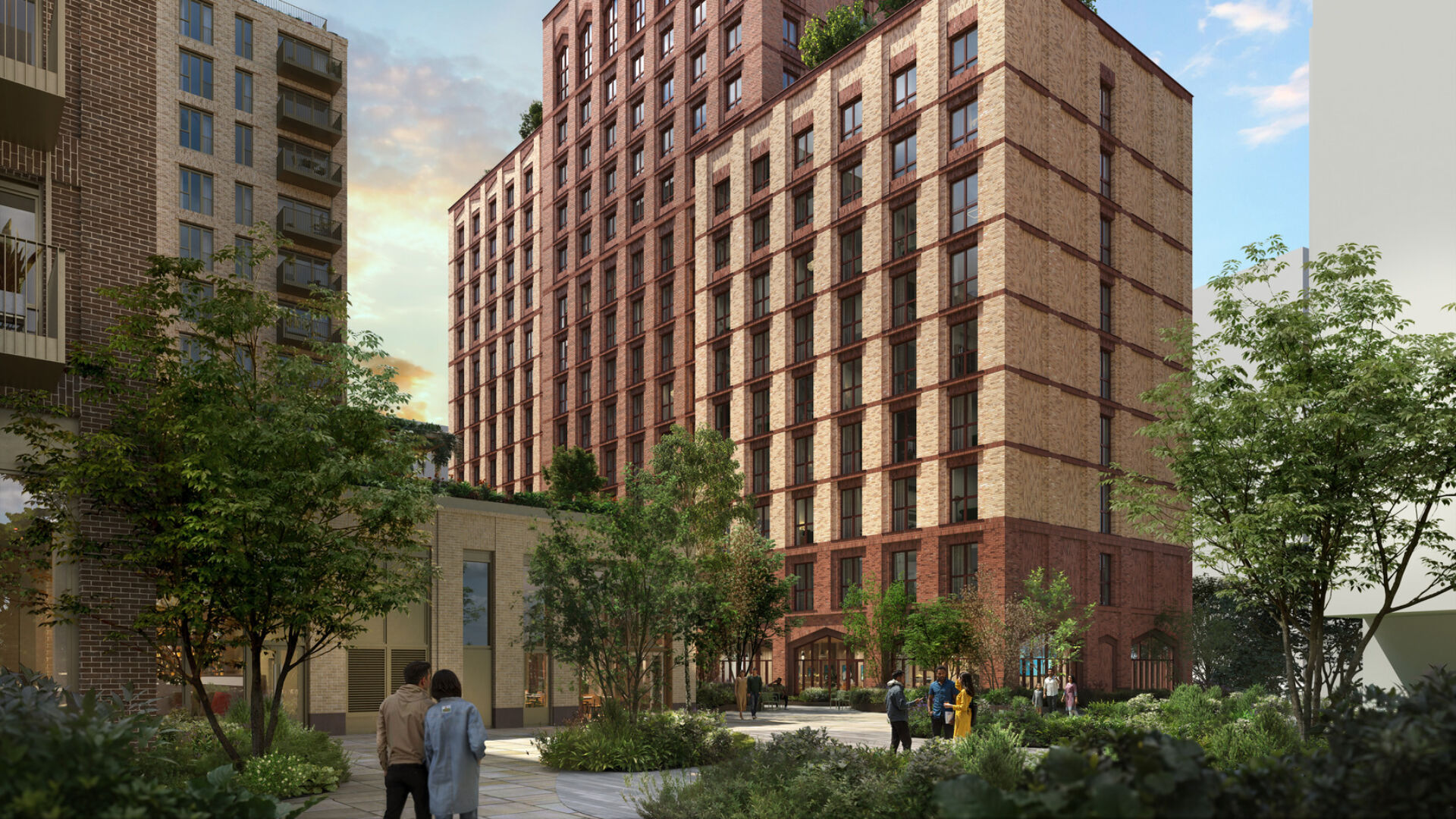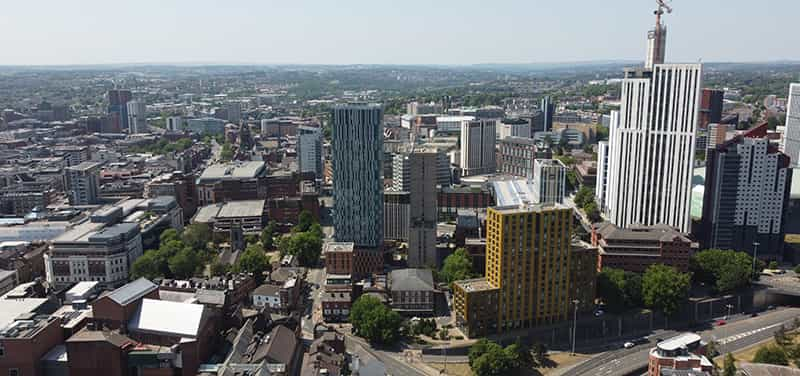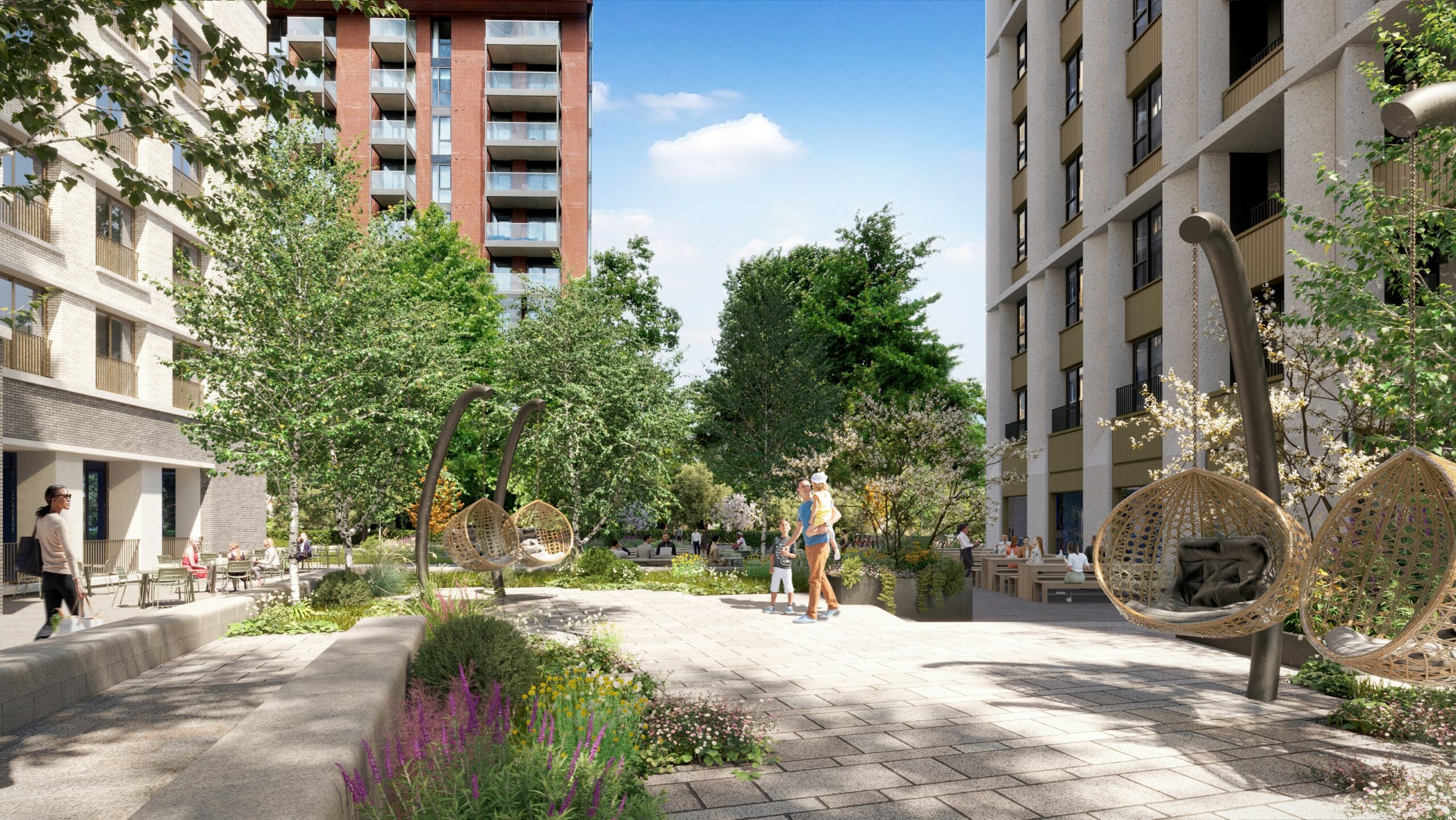UK: Coliving developer and operator Re:shape has acquired three sites in London and is seeking a funding partner to build out its pipeline of around 2,000 beds.
The company, led by founders Jermaine Browne and Charlie Gayner, has bought sites in Woolwich, south east London; Bethnal Green, east London; and Watford, to the north of London.
The sites were bought in joint ventures with various family offices, and Re:shape is seeking an institutional investor to forward-fund the build of the schemes.
In Woolwich, the company already owned a site with the potential for a 300-bed student scheme, and it has a deal to buy a larger site that gives it the potential for a 1,200-bed project. That would be split between 450 coliving beds and 750 student beds, with 100 of the units to be affordable. The student element of the scheme is likely be sold off to keep the wider platform a pure coliving play. The Bethnal Green site has potential for 220 coliving beds, and the Watford site has potential for 300 beds.
Together, the schemes represent a pipeline of 1,750 beds with a GDV of around £885 million. Re:shape is also looking at other sites, including a hotel conversion that would take the pipeline to 2,000 beds and £1 billion GDV.
Gayner said: “It’s hard for funds to enter the co-living sector and deploy meaningful capital. It’s an embryonic sector, with lots of smaller developers, few of whom have scale. But bigger funds want to deploy larger amounts of capital, and so we’ve been focusing on how we can aggregate sites and create a platform with scale.”
Browne and Gayner launched Re:shape in 2020 and teamed with private equity firm Crosstree to convert a Citadines aparthotel in Wembley into a 300-bed coliving scheme operated under Re:shape’s Ark brand. Ark has also taken over management of the 705-bed former Collective coliving scheme in Canary Wharf, which was acquired by Crosstree for £190 million in 2022. The Collective, where both Gayner and Browne previously worked, went into administration in September 2021.
“We want to focus on creating housing supply to help what is a genuine housing crisis,” said Browne. “Over the last few years, new supply coming forward has slowed because of the financial conditions for developers.” He added that the company’s developments are typically 25 to 30 per cent cheaper than new-build BTR projects in the same locations.








